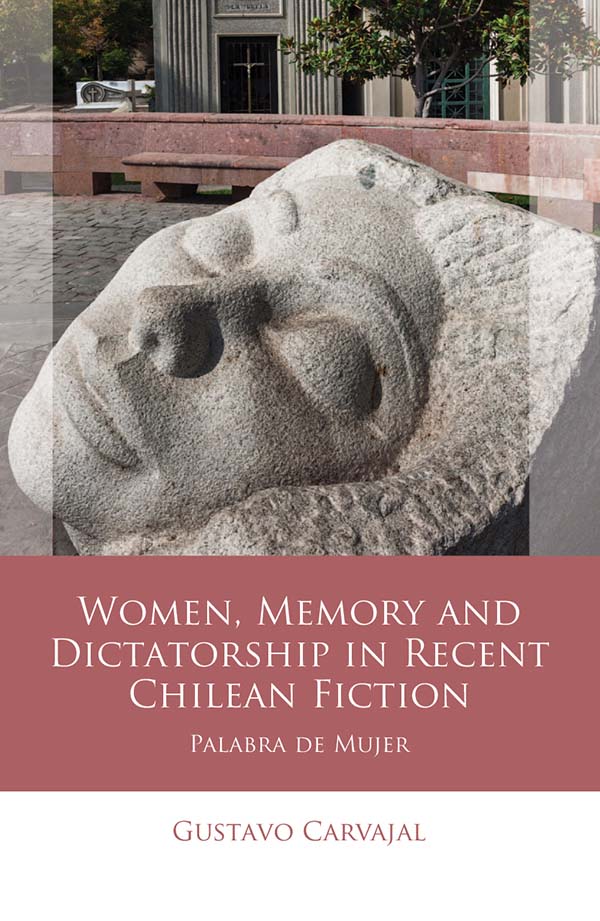Women, Memory and Dictatorship in Recent Chilean Fiction
Palabra de Mujer
Awdur(on) Gustavo Carvajal
Iaith: Saesneg
Dosbarthiad(au): Literary Criticism
Cyfres: Iberian and Latin American Studies
- Tachwedd 2021 · 240 tudalen ·216x138mm
- · Clawr Caled - 9781786838032
- · eLyfr - pdf - 9781786838049
- · eLyfr - epub - 9781786838056
Am y llyfr
In what ways do the politics of memory perpetuate gendered images of those directly affected by political violence in Chile? Can the literary rewriting of painful experiences contest existing interpretations of national trauma and the portrayal of women in such discourses? How do women participate in the production of collective narratives of the past in the aftermath of violence? This book discusses the literary representation of women and their memory practices in the recent work of seven contemporary Chilean authors: Diamela Eltit, Carlos Franz, Pía González, Fátima Sime, Arturo Fontaine, Pía Barros and Nona Fernández. It locates their works in the context of a patriarchal politics of memory and commemorative culture in Chile and as part of a wider body of contested interpretations of General Augusto Pinochet’s military dictatorship (1973–90). Through the analysis of novels that depict the dictatorial past through the memories of women, it is argued that these texts understand and explore remembrance as a process by which the patriarchal co-option of women’s memories can be exposed and even contested in the aftermath of violence.
Dyfyniadau
‘Drawing on an impressive selection of texts that offer insight into the gendered nature of memory politics in post-dictatorship Chile, Palabra de Mujer explores and challenges the boundaries between dictatorship and post-dictatorship, fact and fiction, perpetrator and victim, offering a nuanced portrayal of the ways in which literary voices engage with the past.’
Dr Cara Levey, University College Cork, Ireland
‘A powerful exploration of the gendered dimensions of subjugation and the many ways such violence has been rendered visible through literature. By bringing together post-dictatorial Chilean fiction, feminist theory and historical analysis, Carvajal prompts us to think in new ways about patriarchal control, militaristic culture, and how writing can become a tool of dissent.’
Dr Lisa Renee DiGiovanni, Keene State College, New Hampshire
Cynnwys
Series Editors’ Foreword
Acknowledgements
Introduction
1. Violence and Women’s memories in El Desierto
2. Militants, Wives and Mothers in Jamás el Fuego Nunca and Libreta de Familia
3. Female Collaboration in Carne de Perra and La Vida Doble
4. Daughters Rewriting Legacies in ‘El lugar del otro’ and Fuenzalida
Conclusion
Notes
Bibliography
Index


